Revenge porn—the act of sharing intimate or explicit content without consent—is a growing concern in the digital age. Victims often suffer in silence, unaware of the laws designed to protect them. Thankfully, revenge porn laws in the US have evolved significantly over the past decade to combat this harmful form of abuse.
This article explains how different states handle revenge porn, your rights as a victim, and what legal action you can take.
🔍 What is Revenge Porn?
Revenge porn refers to the non-consensual sharing of sexually explicit images or videos, often posted online or sent through messaging apps, with the intent to shame or harm the person depicted.
It is also called non-consensual pornography, and in many U.S. jurisdictions, it’s treated as a criminal and civil offense.
🧾 Non-Consensual Pornography Legislation: A National Overview
Over the past decade, there has been a nationwide push for non-consensual pornography legislation. As of 2025:
- All 50 U.S. states and the District of Columbia have enacted laws criminalizing revenge porn in some form.
- Many states also allow civil lawsuits, enabling victims to claim financial damages.
These laws are often included under domestic violence, stalking, or cyber harassment statutes, and vary significantly in scope and severity.
📍 States Where Revenge Porn Is Illegal
Although every state has laws, the strength and enforcement of those laws differ. Here’s a look at how some states handle it:
| State | Law Details |
|---|---|
| California | Felony-level offense, fines up to $1,000 and jail time up to 6 months. |
| New York | Includes both criminal and civil remedies. Covers threats to distribute. |
| Texas | Considered a Class A misdemeanor with up to 1 year in jail and $4,000 fine. |
| Florida | Criminal offense with additional civil lawsuits allowed. |
| Illinois | Up to 3 years in prison for aggravated cases. |
Always check your local state laws, as enforcement and legal terms vary. Some states even require proof of malicious intent, while others focus solely on consent.
🏛️ Federal Laws on Cyber Harassment and Revenge Porn
While the U.S. lacks a comprehensive federal revenge porn law, victims may still get protection under broader laws related to cyber harassment and interstate communications.
Federal legal protections may include:
- The Violence Against Women Act (VAWA) – covers stalking and digital harassment.
- Federal Wiretap Act – if the content was recorded illegally.
- Interstate Extortion Laws – if the content is used for blackmail or threats.
In 2021, Congress introduced the SHIELD Act, a bill that aims to criminalize revenge porn at the federal level, but it is still pending.
⚠️ Penalties for Distributing Revenge Porn
Penalties differ based on jurisdiction and circumstances. Common consequences include:
- Fines: From $1,000 up to $10,000
- Jail Time: Ranges from 6 months to 5 years
- Sex Offender Registration: In extreme cases
- Civil Damages: Compensation for emotional, professional, or reputational harm
Some states elevate the offense to a felony if the content involves minors, threats, or was used for financial gain.
👩⚖️ Victim Rights in Revenge Porn Cases
Victims of revenge porn in the US have several legal rights under state and civil law. These include:
- Right to file criminal charges against the distributor
- Right to file a civil lawsuit for damages
- Right to request content removal through court orders
- Right to stay anonymous in many states during court proceedings
- Right to counseling and emotional support through victim advocacy programs
Victims may also obtain restraining orders against the offender and request search engine de-indexing of harmful content.
✅ What Should Victims Do First?
- Save All Evidence (screenshots, links, messages)
- File a Police Report in your local jurisdiction
- Contact a Lawyer specializing in revenge porn or cyber law
- Report Content to Platforms like Facebook, Twitter, Reddit, Pornhub
- Request Removal via DMCA (Digital Millennium Copyright Act)
📌 FAQs: Revenge Porn Laws in the US
❓ Is revenge porn a felony in the US?
It can be a felony or misdemeanor, depending on the state and severity of the offense.
❓ Can I sue someone for sharing my nudes?
Yes. Most states allow civil lawsuits for emotional distress, reputational damage, and lost wages.
❓ Are there federal laws protecting revenge porn victims?
Not yet, but existing cyber harassment and stalking laws may provide some level of protection.
❓ Can I remain anonymous if I press charges?
In many cases, yes—especially in states that prioritize victim privacy.
🧠 Final Thoughts
The rise of revenge porn has sparked a national legal movement to protect digital privacy. Revenge porn laws in the US now provide a path to justice for victims across all 50 states. If you’re a victim, you have the right to legal protection, content removal, and compensation.
Don’t suffer in silence—know your rights and take action today.
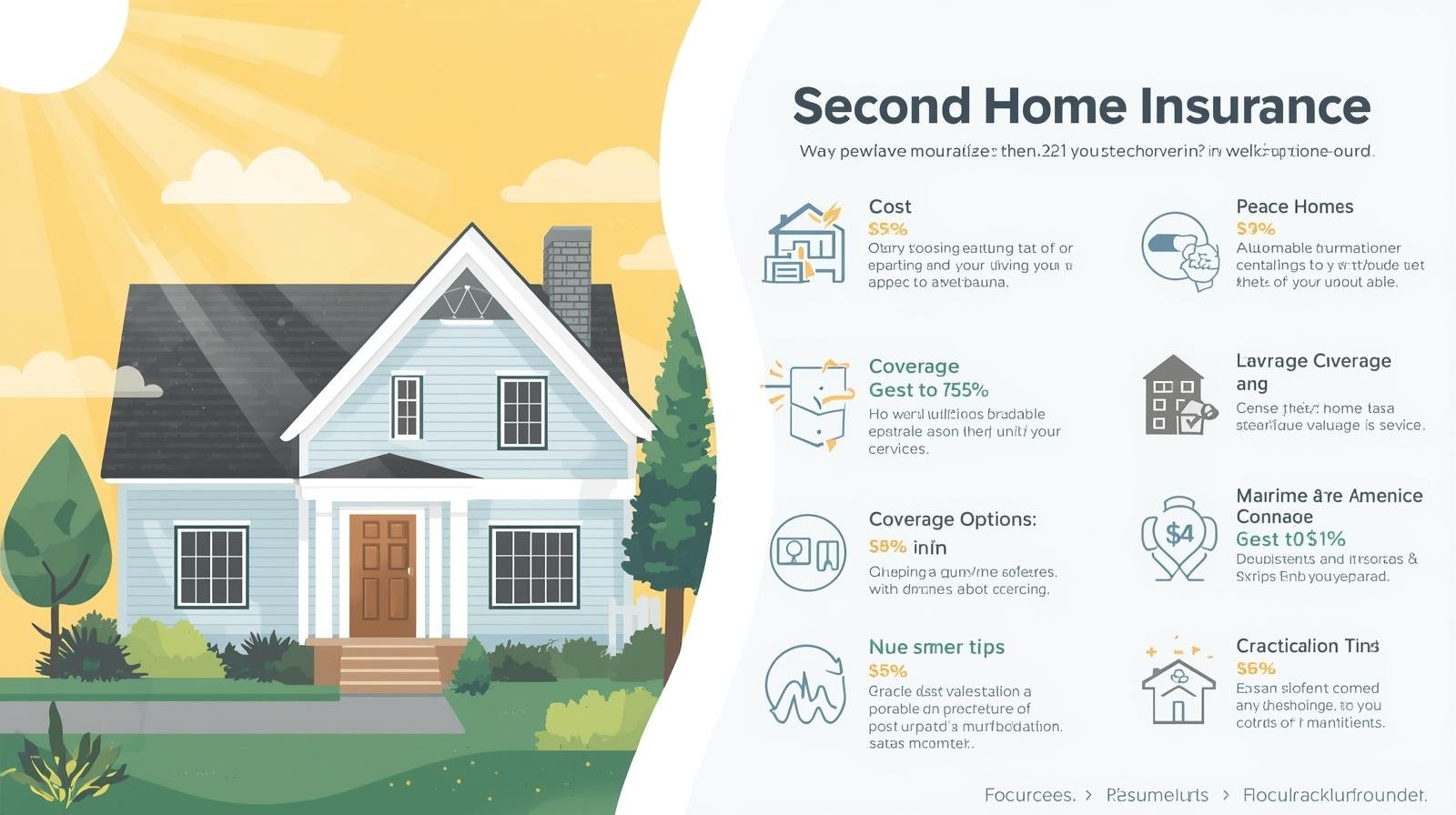
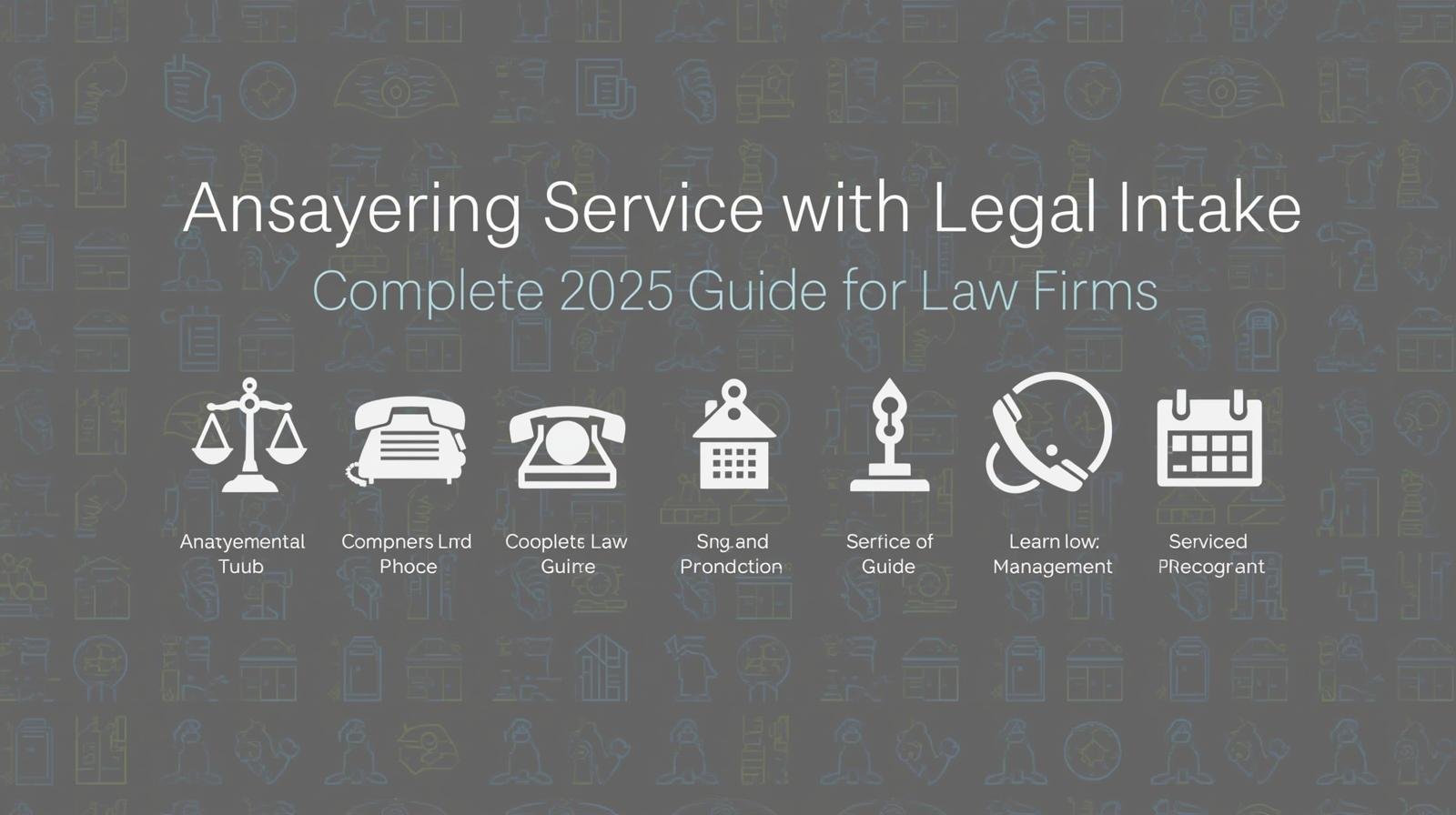
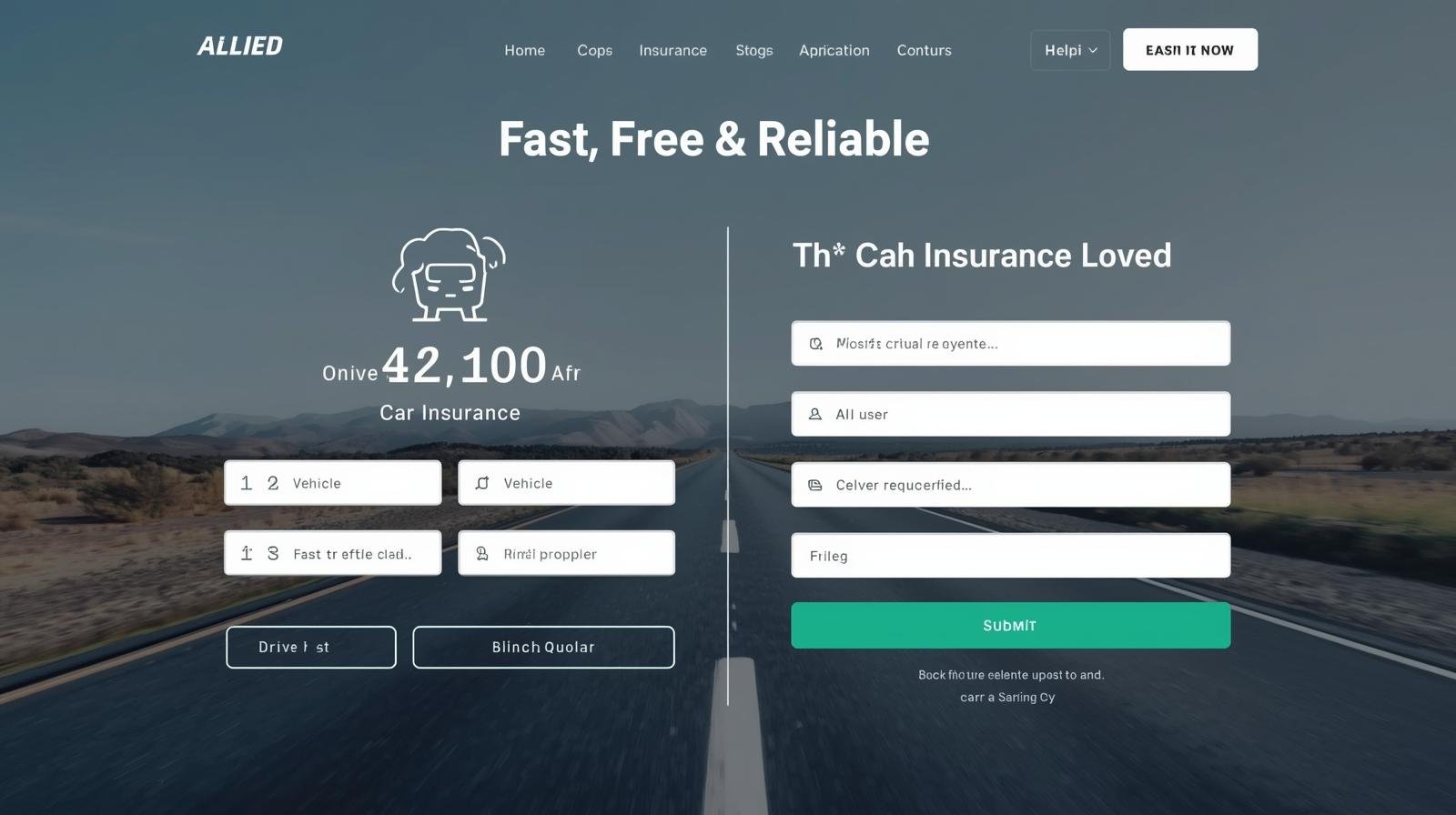
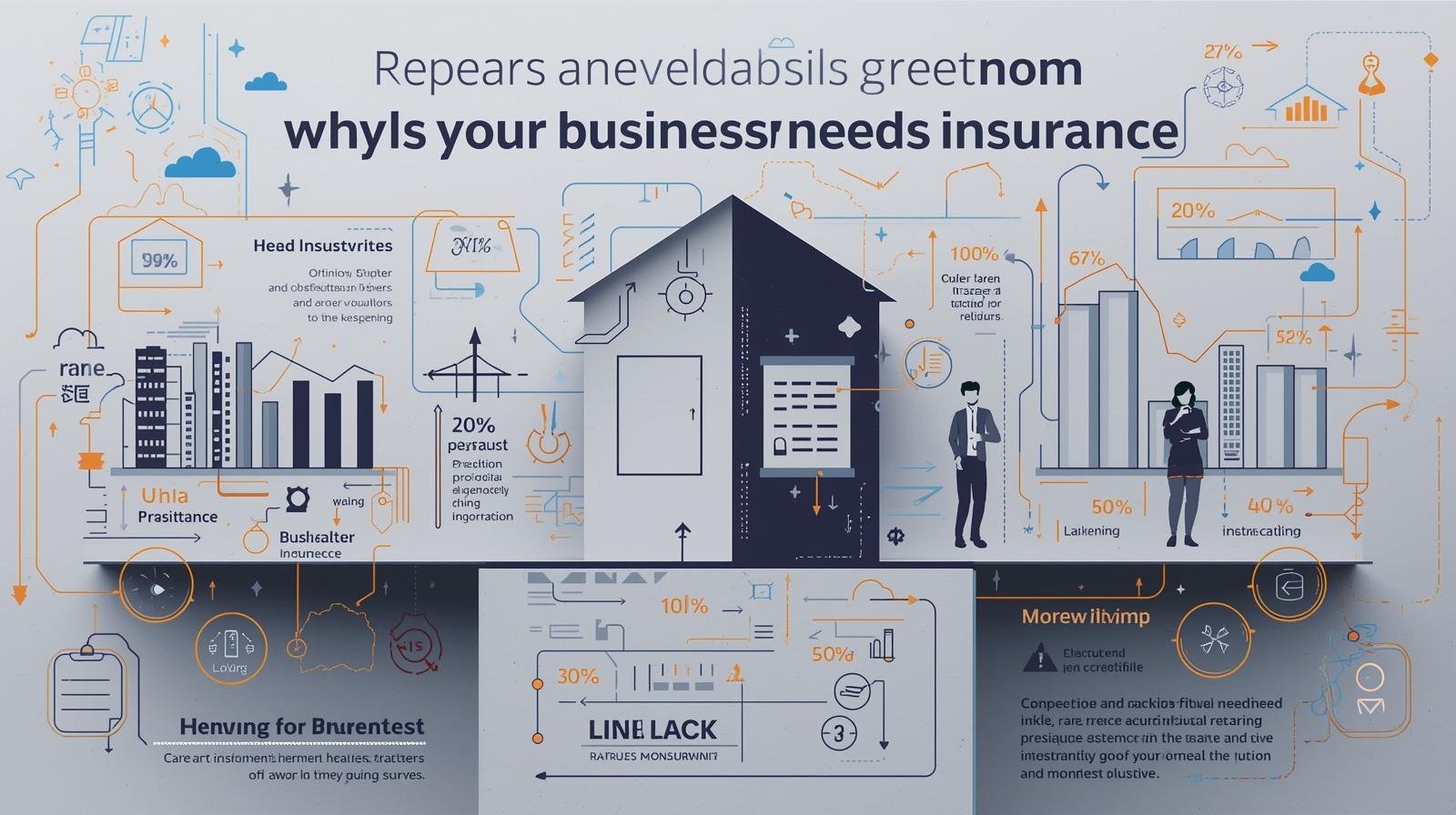


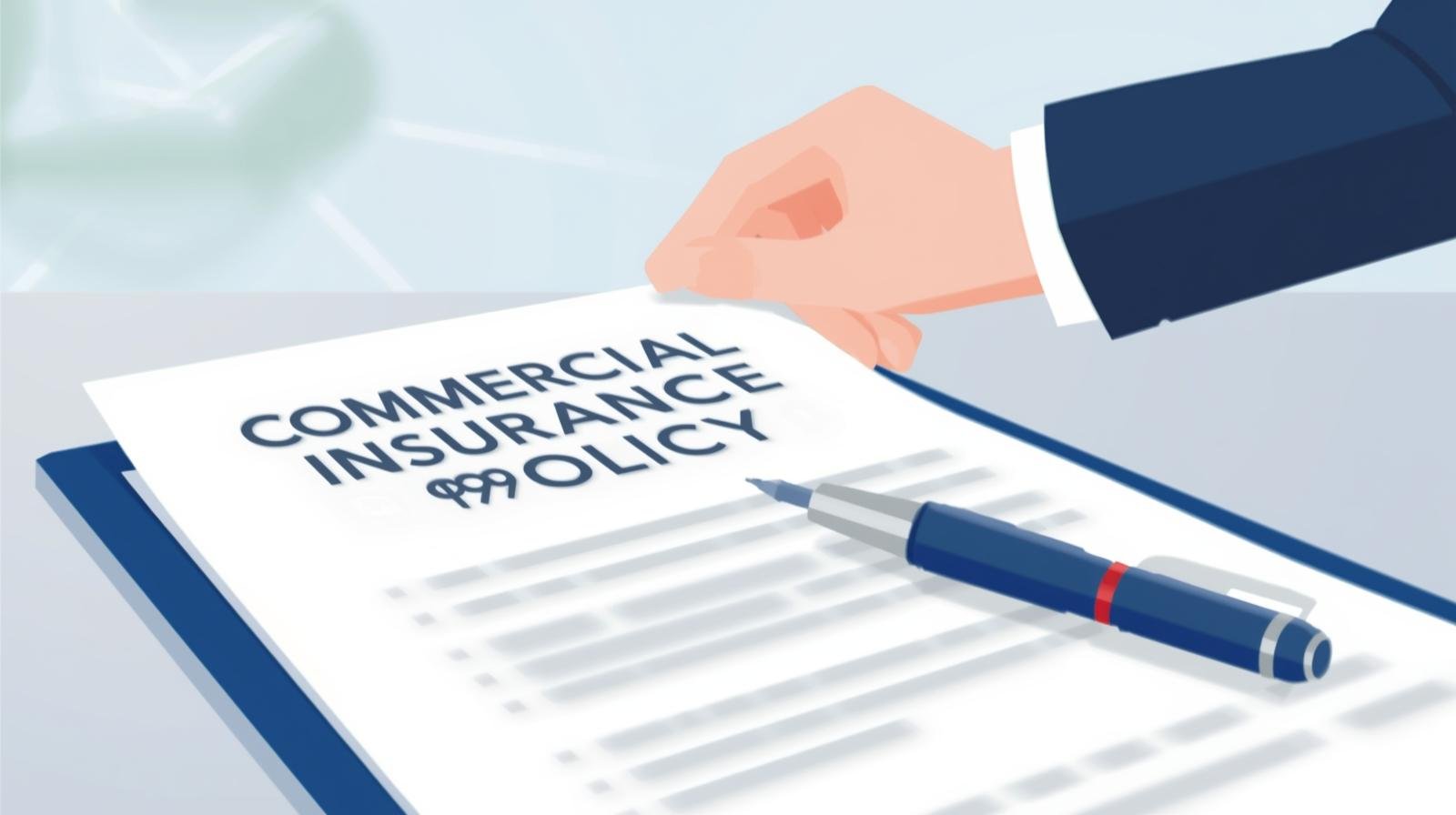


Leave a Reply